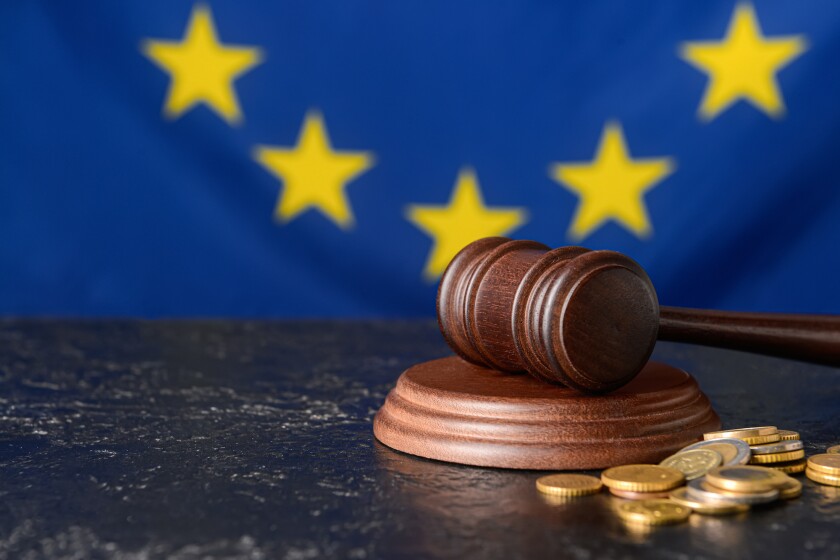EU leaders may have to get to grips with the need for reform if the European Commission loses its court cases over state aid claims. US technology company Apple and French utility group Engie are fighting the Commission in separate transfer pricing disputes at the Court of Justice of the EU.
If the Commission loses its appeals, the EU may have to take one of two courses: reform state aid law or implement new tax rules. The latter may be more likely, but there are many obstacles to overcome before the EU can consolidate 27 different corporate tax systems.
Giving up and walking away is politically impossible. The Commission has investigated multiple companies and fought several cases at the CJEU. If the Commission retreated at this point, many people would be wondering ‘what was the point?’
What’s more, there are still live state aid cases and investigations with multinational companies including Amazon, IKEA and Nike. However, the CJEU has sided with the taxpayer several times and there are good reasons to suspect the Commission may have to rethink its strategy.
Signs of defeat
Italian carmaker Fiat won its CJEU case against the Commission in November 2022. Much like in the cases of Apple and Engie, the Commission argued that Luxembourg had breached state aid law in its tax rulings that were favourable to Fiat.
The Commission had argued that the Luxembourg authorities had used the wrong approach to the arm’s-length principle to approve an advanced pricing agreement with Fiat Chrysler Finance Europe, previously known as Fiat Finance and Trade.
Nevertheless, the CJEU ruled that this finding was incorrect. This case may be a sign of things to come for companies doing business in the EU.
In the latest case, Apple and Ireland managed to overturn the Commission’s decision at the European General Court in July 2020. The Commission found in 2016 that the Irish government had granted Apple illegal state aid in the form of tax rulings.
After the General Court ruling against this finding, the Commission waged an appeal with the CJEU. Originally, the Commission was demanding that the Irish government collect €13.1 billion ($14.1 billion) in back taxes from Apple. This disputed bill has since reached €14.3 billion.
But Apple’s state aid case is about much more than money. The Irish government may see the EU decision as an encroachment on the country’s sovereignty, while other higher-tax countries view the Irish system as letting businesses avoid paying their fair share.
Similarly, the Engie case has implications for the balance between ‘pooled’ sovereignty in the EU and national autonomy. It’s why these cases cannot be seen in complete isolation from each other.
Advocate General (AG) Juliane Kokott issued an opinion on May 4, finding that the Commission had erred in its decision that Luxembourg granted Engie illegal state aid. Tax rulings in themselves do not necessarily constitute illegal state aid provided they are legal nationally and open to all taxpayers, according to Kokott.
Kokott stressed that the Luxembourg tax rulings granted to Engie were not erroneous, adding that such matters are for a national tax authority and not the Commission or the CJEU. Otherwise, she said, the Commission and the CJEU may impinge on the fiscal autonomy of EU member states.
This opinion may be a sign of a shift in favour of taxpayers and national governments. The Commission cannot expect the CJEU to just rule in its favour every time, but the Engie case could be pivotal for the EU.
We do not have an opinion from an AG in the Apple case yet, but AG Giovanni Pitruzzella will issue his opinion in November. This could still mean the CJEU will rule against the taxpayer, but a mixed result for the Commission – losing one case and winning on appeal – would be bad enough.
These judgments may set back the EU’s crackdown on corporate tax avoidance until Europe is more united on tax policy and when a national tax ruling counts as illegal state aid. Either way, a victory in court may not substitute for political change.











